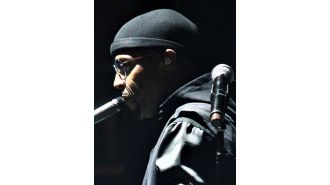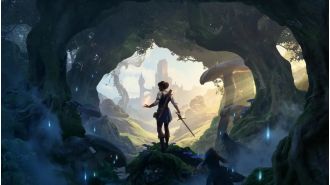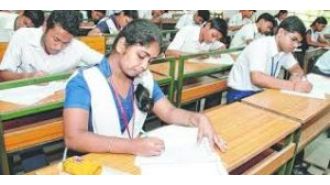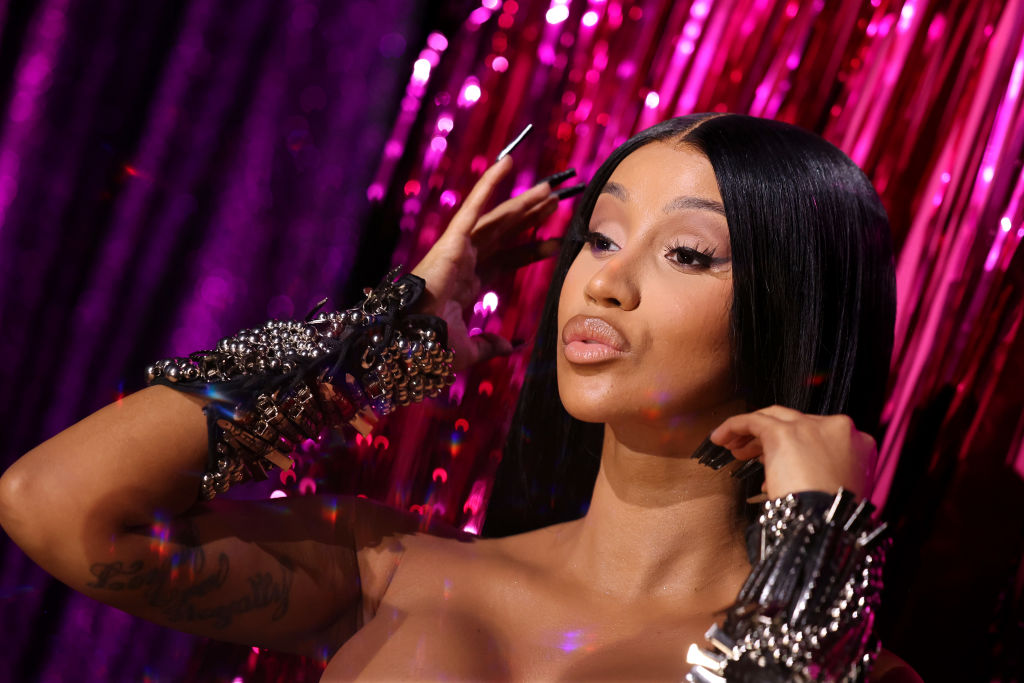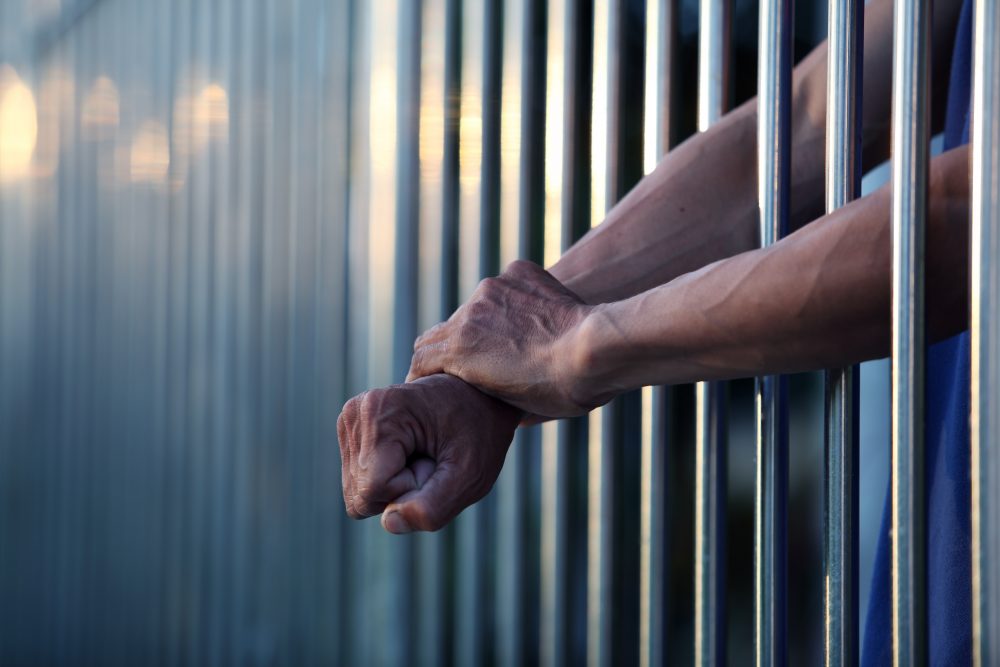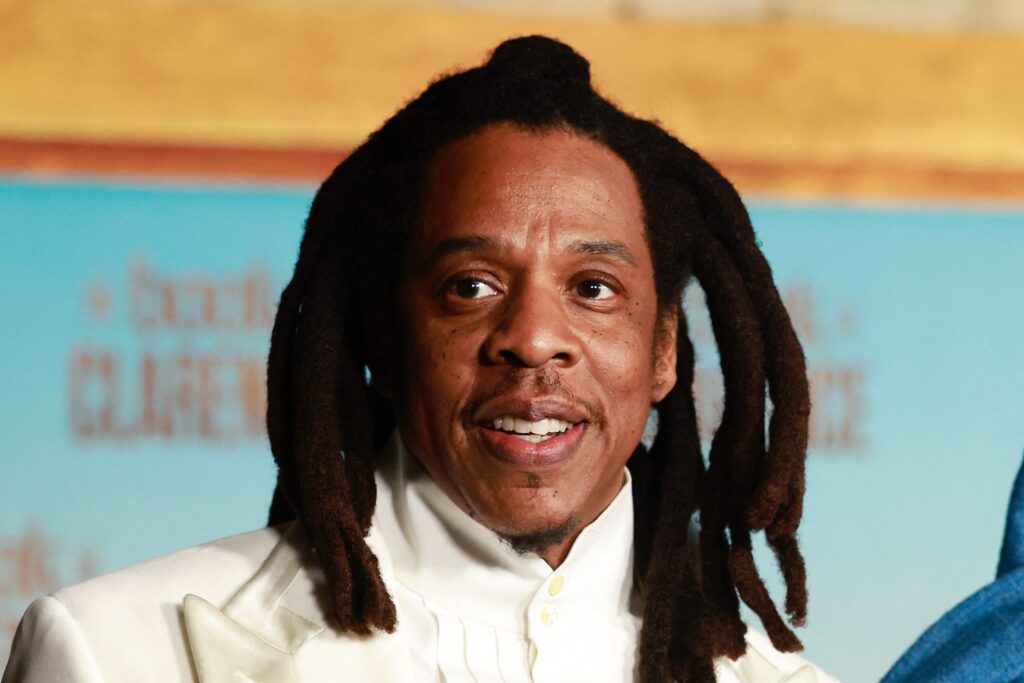Saturday marks the last round of Lok Sabha elections with 57 seats up for grabs, including PM Modi's constituency.
Last chance to vote in final phase of Lok Sabha elections, including PM Modi's bid for third term in Varanasi.

On Saturday, the seventh and final phase of the Lok Sabha elections will take place in fifty-seven seats across seven states and the Union territory of Chandigarh. One of the key seats in this phase is Varanasi, from where Prime Minister Narendra Modi is seeking a third consecutive term.
This phase of polling includes all 13 seats in Punjab and four in Himachal Pradesh, as well as 13 constituencies in Uttar Pradesh, nine in West Bengal, eight in Bihar, six in Odisha, and three in Jharkhand. In addition, voting for 42 Assembly constituencies in Odisha and bypolls for six Assembly seats in Himachal Pradesh will also take place simultaneously.
Among the 904 candidates in the fray, some prominent names include Union Minister Anurag Thakur, Mamata Banerjee's nephew Abhishek Banerjee, Lalu Prasad's daughter Misa Bharti, and actor Kangana Ranaut.
Over 10.06 crore citizens, including nearly 5.24 crore men, 4.82 crore women, and 3,574 third gender electors, are eligible to vote in this phase. This marks the end of the marathon polling process that began on April 19 and has covered 486 Lok Sabha seats in 28 states and Union territories. The assemblies of Andhra Pradesh, Arunachal Pradesh, and Sikkim have also gone to polls. The votes will be counted on June 4.
According to the Election Commission's guidelines, exit poll data and results can only be released by television channels and news outlets after 6:30 pm on June 1.
The Election Commission has dispatched polling parties along with machines and poll materials to their respective polling stations. Basic facilities such as ample shade, drinking water, ramps, and toilets have been provided at the 1.09 lakh polling stations to ensure a comfortable and secure environment for voting.
The commission has also directed CEOs and state machineries to take adequate measures to manage the adverse impact of hot weather or rainfall wherever predicted.
The commission has urged voters to come out in larger numbers and vote with responsibility and pride. The turnout in the first six phases was 66.14 per cent, 66.71 per cent, 65.68 per cent, 69.16 per cent, 62.2 per cent, and 63.36 per cent, respectively.
The campaigning for the last phase, which ended on Thursday evening, saw BJP leaders led by Prime Minister Modi accusing the Congress and the INDIA alliance of corruption, anti-Hinduism, and dynastic politics. The opposition parties, on the other hand, have been claiming that the BJP is anti-farmer and anti-youth and will change and scrap the Constitution if they win the elections.
On Thursday evening, Prime Minister Modi headed to Kanyakumari, where he will be meditating until June 1 at the site associated with Swami Vivekananda. Modi has participated in 206 public outreach programs, including rallies and roadshows, since the Election Commission announced the Lok Sabha election schedule on March 16.
In Uttar Pradesh, polling will take place in 13 parliamentary seats, including Maharajganj, Gorakhpur, Kushinagar, Deoria, Bansgaon, Ghosi, Salempur, Ballia, Ghazipur, Chandauli, Varanasi, Mirzapur, and Robertsganj, spread across 11 districts. The state is witnessing a direct contest between the BJP-led NDA and the coalition of INDIA bloc members Samajwadi Party and Congress.
Some key candidates in this phase are Union Ministers Mahendra Nath Pandey, Pankaj Chaudhary, and Anupriya Patel, who are contesting from Chandauli, Maharajganj, and Mirzapur, respectively. Afzal Ansari, the brother of late Mukhtar Ansari, is also in the fray from Ghazipur, while Neeraj Shekhar, the son of former Prime Minister Chandrashekhar, is contesting from Ballia.
In Varanasi, Prime Minister Modi is being challenged by Ajay Rai, Ather Jamal Lari, Kolisetty Shiva Kumar, Gagan Prakash Yadav, and independents Dinesh Kumar Yadav and Sanjay Kumar Tiwari.
In South Bengal, a traditional stronghold of the TMC, the party's dominance will be put to test amid an "old versus new" power struggle. All eyes will be on Sandeshkhali in Basirhat, where allegations of atrocities on women and land grabs have garnered national attention.
The seventh phase will also cover Dum Dum, Barasat, Basirhat, Jayanagar, Mathurapur, Diamond Harbour, Jadavpur, Kolkata Dakshin, and Kolkata Uttar, where the TMC emerged victorious in the 2019 elections.
TMC heavyweight Abhishek Banerjee, considered the party's de facto number two, is contesting from Diamond Harbour. His performance in this seat, which the TMC considers a "model constituency," will be closely watched as the opposition tries to portray it as a "laboratory of violence." Banerjee is facing competition from CPI's Pratikur Rahaman and BJP's Abhijit Das in a three-way contest.
The minority-dominated Basirhat Lok Sabha seat, specifically the Sandeshkhali segment, is a reflection of the broader electoral battle, with its national attention due to allegations of atrocities on women and land grabs by local TMC leaders. The BJP has capitalized on these issues by nominating Rekha Patra, a prominent local protester, against TMC veteran Haji Nurul Islam. The CPI has also fielded former MLA Nirapada Sardar, making it a three-cornered contest.
In Punjab, some prominent candidates in the fray are four-time MP Preneet Kaur, former Chief Minister Charanjit Singh Channi, three-time MP Harsimrat Kaur Badal, and Ravneet Singh Bittu. The BJP and Shiromani Akali Dal are contesting on their own for the first time since 1996, while the two INDIA bloc parties - Congress and AAP - have fielded their own candidates.
The prestige of actor Kangana Ranaut and Himachal Pradesh Minister Vikramaditya Singh, the heir of the erstwhile Rampur royal family and son of six-time former Chief Minister Virbhadra Singh, is at stake in Mandi.
The stakes are also high for Union Information and Broadcasting Minister Anurag Thakur, seeking a fifth term from Hamirpur, and former Union Minister Anand Sharma, the Congress candidate from the Kangra Lok Sabha constituency. For Sukhu, the six assembly bypolls are crucial for the survival and stability of his 17-month-old government.
In Bihar, Union Minister RK Singh is aiming for a hat-trick from Arrah, where his main opponent is Sudama Prasad, a sitting MLA of the CPI Liberation. In Patna Sahib, veteran BJP MP Ravi Shankar Prasad is seeking a second consecutive Lok Sabha term and is facing competition from Congress spokesperson Anshul Avijit, the son of former Lok Sabha Speaker Meira Kumar and grandson of Jagjivan Ram. Misa Bharti is contesting for the third time from Pataliputra, while BJP MP Ram Kripal Yadav is aiming for a hat-trick.
The Karakat seat is witnessing a multi-cornered fight, which has been the talk of the town due to Bhojpuri superstar Pawan Singh, who is contesting as an Independent. Singh entered the fray after rejecting a BJP ticket from Asansol in West Bengal, which resulted in his expulsion from the party. Upendra Kushwaha, a former Union Minister who heads the Rashtriya Lok Morcha, had won the seat in 2014 but lost it five years later after quitting the NDA. He is hopeful of regaining the seat following his return to the BJP-led coalition. The CPI, which has a strong presence in the area, has fielded Raja Ram Kushwaha, a former MLA and farmer leader. The entry of AIMIM candidate Priyanka Chaudhary has made it a four-way fight for the Karakat seat.


